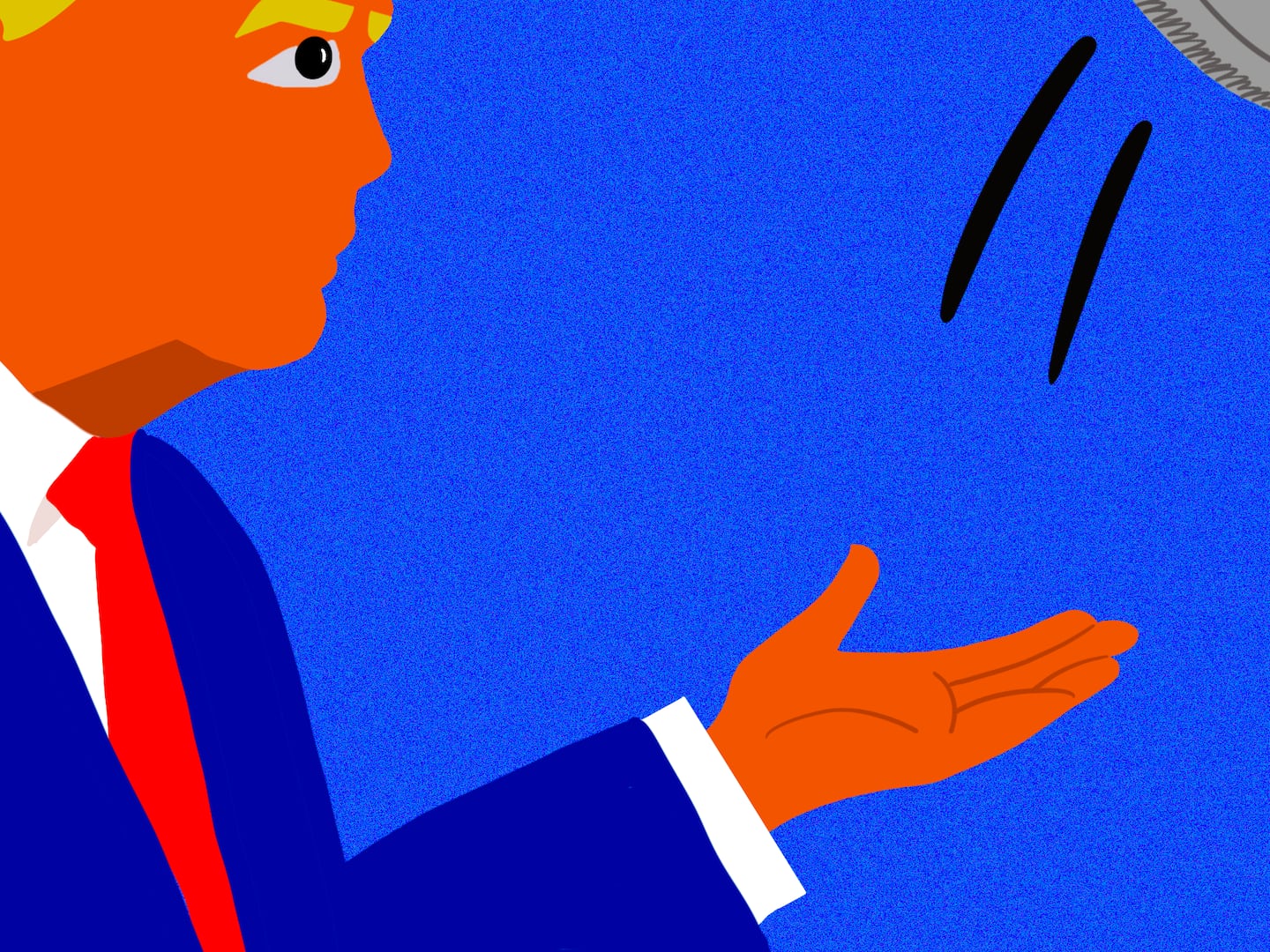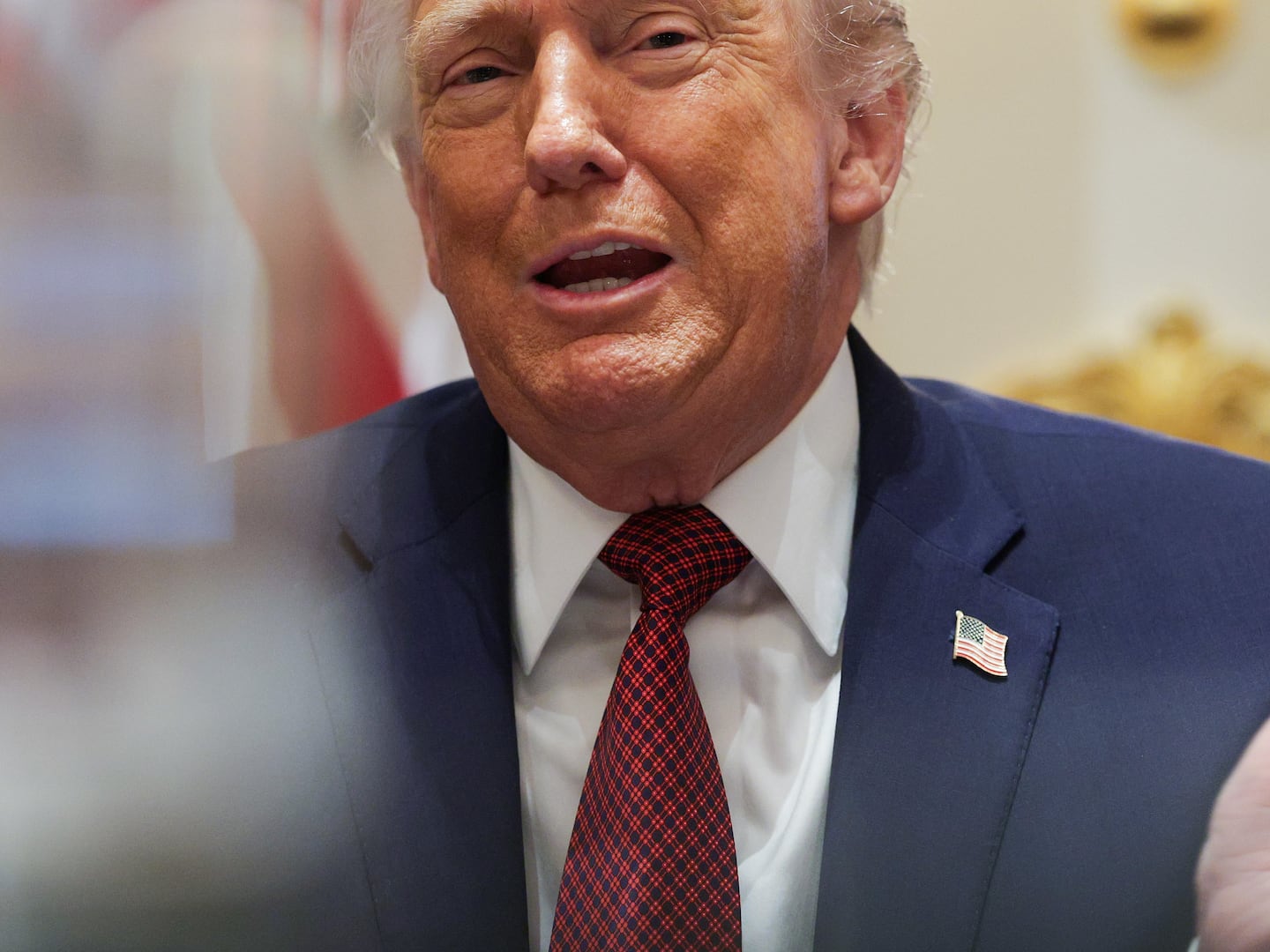It’s 2015, and three presidential cycles and more than 10 years after John Kerry earned the tag Flip Flopper, we’re still replaying what has already become one of the oldest and most tiresome sketches in modern American politics.
I’m talking about the one where candidates forget that a thing called Google (let alone a thing called Lexis-Nexis) exists. The one where they begin the process of flipping and flopping in an attempt to curry favor with a base of a party that they or their advisers either assume are too stupid to sleuth out their historical positions on issues or too desperate to see them win to care.
The one where they pander, say different things to different audiences, or improvise badly in an effort to avoid being attacked as a whatever-in-name-only, and put their staffs through hell trying to make themselves look like something other than inconsistent, dishonest, deceptive, typical politicians.
Maybe it’s on trade. Maybe it’s on Common Core. Maybe it’s on immigration. Maybe it’s on driver’s licenses for unlawful immigrants. Maybe it’s on religious freedom laws. Maybe it’s on energy policy. Maybe it’s on foreign policy or national security.
A lot of them have done it. A lot of them will continue doing it. And it will keep opposition researchers, communications staff, the political media, late-night comedians, and ad-writers employed forever.
But for people who actually care about politics and policy, and who want to see their fellow Americans view their government and their elections with something less than utter disdain, this political industry stimulus program is irritating, frustrating, tedious, and depressing. This is true even for those of us who make our living off of political and policy fights, who professionally exploit position changes, and who work to cultivate them. It’s time for candidates to rein it in.
Occasionally, political figures legitimately rethink policy positions. One man’s honest change of viewpoint, following dutiful study or real-world experience, is another’s acrobatic leap to appease whatever element is proving to be too noisy and too troublesome.
But generally, in politics, where a change of stance occurs—at least during the pre-primary or “gosh, I’d really like to be president someday, maybe I’ll run” period—you can bet there’s someone whispering in the candidate’s ear that he simply must move on issue X, Y, or Z because “the base” does not share his view and it’s better to be dubbed untrustworthy, inauthentic, and craven than fail to tick all that amorphous group’s boxes.
You can also bet that just as this didn’t work out for Mitt Romney or Hillary Clinton in 2008, was a nail in John Kerry’s presidential campaign coffin in 2004, and proved an ongoing source of grief for Romney all the way through the 2012 election, it will not work for those dabbling in it now. Candidates have got to start coming to terms with this and quit trying to deceive voters, donors, and volunteers.
We no longer live in a world where we get our news from the local, daily newspaper, where there are no smartphones, there is no meerkat-ing, there is no email to provide fast and ready fact-checks, where debates are civilized affairs where candidates do not confront each other with clever hits, or where, to learn about an issue or bit of news, we have to whip out the encyclopedia or the library microfiche.
It was, to put it mildly, not helpful in the 2004 election for a candidate (Kerry) to have taken multiple different positions on matters concerning the Iraq War. It was not okay in the 2008 cycle to suddenly play the civil libertarian after contrary votes, to position as somehow anti-Iraq War when you voted for it and wouldn’t apologize (see Clinton, Hillary). It was not tenable to claim to be a hardcore social conservative after prior pro-gay positioning and pro-choice status, nor to claim anti-comprehensive immigration reform credentials that did not previously exist (see Romney, Willard Mitt). It certainly isn’t going to be credible or plausible for any candidates this cycle to attempt equivalent contortionism while simultaneously pretending to be oh-so-sincere this time around. Yet we already see them doing it, and doing it badly.
With more and more at-the-fingertips-access to information that facilitates fact-checking, easy news consumption, and familiarity with tools that allow people to learn the truth about records, statements, and actions in a matter of seconds, why on Earth would candidates think they can partake of even a little of this nonsense without getting called out and suffering the consequences?
Are they simply assuming that everyone else will do the same, and therefore, they won’t suffer more for it—a sort of proverbial race to the bottom that won’t actually count in the end? Or are they banking on information overload among interested observers and winning enough votes from people who loathe them just a little less than the next flip-flopping joker to win whatever election is next? Do they think that every “impure” stance is going to have the killer effect that being a proud, pro-choice Republican or a proud, pro-life Democrat would? In very rare cases, sticking to one’s guns could mean electoral death—but this is very much the exception, rather than the norm.
Whatever the reason, it’s beyond time for candidates to start limiting their floor routine excesses, and quit taking the easy, tempting, quick hit of shifting position any time the going gets even remotely rough. Figure out what you stand for. Know what you believe. If you have a legitimate change of opinion, fine, but recognize that that will be rare and that voters understand that fact.
Be who you are, run as yourself, and let the chips fall where they may. You might lose, but there’s a good chance of that anyway. At least you might walk away with a shred of dignity left, and without hundreds of millions of people feeling like they just got defrauded by a clownish, amateur con man with a nice title.





